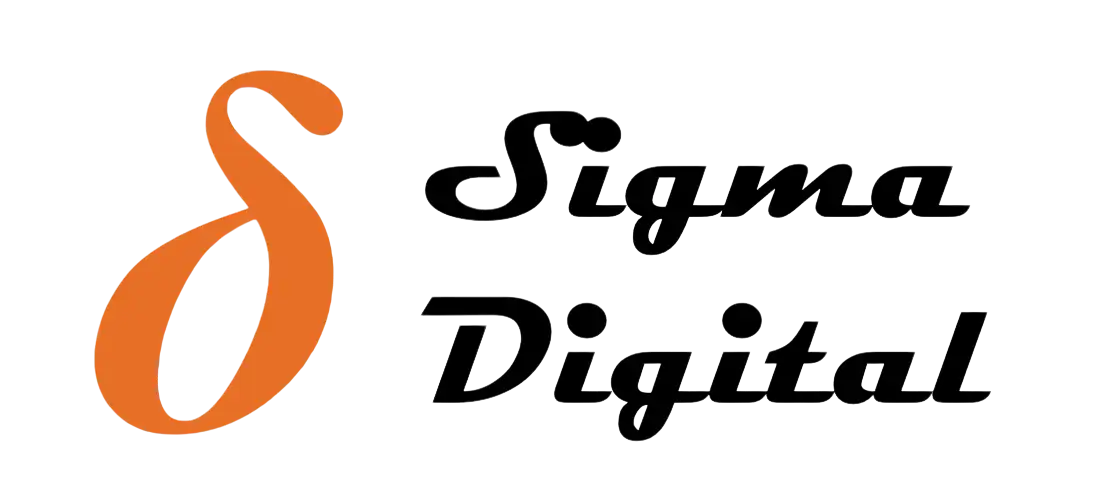SEO Essentials
Essential Elements of SEO for Every Website
Some aspects of search engine optimization (SEO) are simply indispensable. They cannot be overlooked or left out if you want your website to perform at all in search engine results. These are the basic building blocks of an effective SEO strategy.
On-Page SEO
Title Tags
Craft compelling and keyword-rich titles under 60 characters.
Meta Descriptions
Write concise summaries (150–160 characters) that include primary keywords.
Header Tags
Use headers (H1, H2, etc.) to structure content and include keywords where relevant.
Image Alt Text
Describe images using descriptive and keyword-optimized alt text.
Technical SEO
In short, SEO is the key to benefitting from all the content you publish on your website.
Optimize loading times by compressing images, enabling browser caching, and using a fast hosting provider.
Ensure your website is responsive and performs well on all devices.
Secure websites use SSL certificates for security and to improve user trust.
Submit a sitemap to help search engines crawl and index your site efficiently.
We don't guess. We use keyword research and data analytics to execute your individualized SEO strategy.
Keywords and Quality Content
Keywords and relevent, quality content go hand-in-hand. The goal of a search engine is to help users find the best content for their search. More traffic to your website is not always better – you want the right traffic. The wrong traffic will increase your bounce rate, reduce your click-through-rate, and your SERP ranking will suffer as a consequence.
Keywords
Keyword Research
Use tools like Google Keyword Planner or other services to identify high-volume and relevant keywords for your market. Don’t forget to check what your competitors are doing…
Keyword Strategy
You don’t always need to go after the highest-volume keywords. Analyze to determine where your site can best compete.
Placement
Incorporate keywords naturally in titles, headers, meta descriptions, URL slugs, and throughout your content.
Quality, Relevant Content
Original Content
Publish unique, high-value content that addresses user intent.
Length & Depth
Create long-form content (1,000+ words) when relevant, ensuring it’s comprehensive and informative.
User Experience
Use engaging headlines, visuals, and easy-to-read formatting.
Links and Navigation
Links are important both within your own site, as well as to and from external sites. Links help users navigate successfully around your site and help search engines understand the layout of your website. They also pass “credibility” from one page or domain to another.
Links to other relevant pages on your website help guide visitors and improve user experience, while also helping search engines understand your site structure.
It’s an SEO best practice to use descriptive text for the “clickable” text. It should be clear and relevant. For example: instead of “click here” try using something like “Learn More About SEO.”
Links to credible and authoritative sources can help to improve the trustworthiness of your content.
Earn high-quality backlinks from reputable websites through guest posting, collaborations, and content promotion. This is one of the best methods to build your domain authority.
So Much More SEO...
As the name “SEO Essentials” implies, this is just the bare bones of SEO, and we haven’t even covered all of the essentials on this page. There is enough info here to get you heading in the right direction. When you are ready to take your SEO to the next level and start ranking on search engine results pages, reach out to SigDig to get started on your custom strategy.

